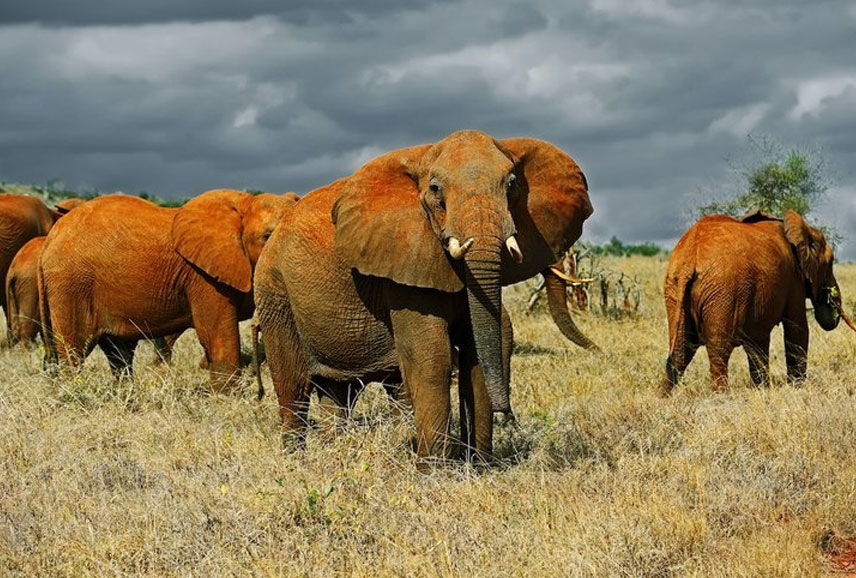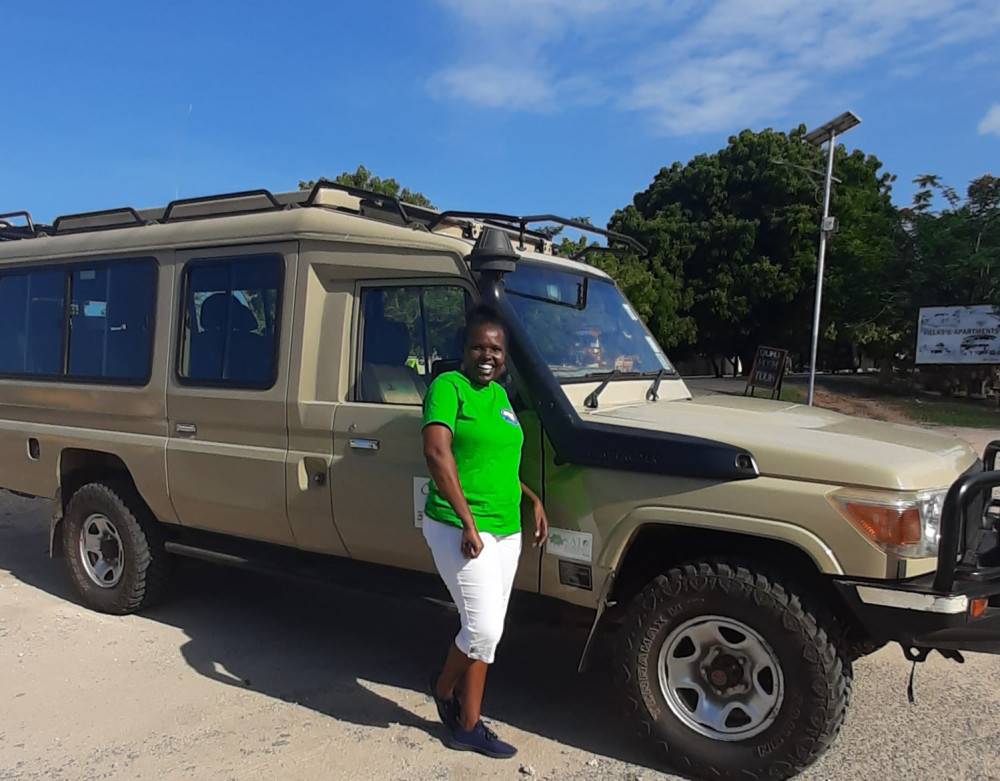Great Info To Selecting Kenya Safari Packages Prices
Wiki Article
What Safety And Security Considerations Must I Know Before Visiting Mombasa, Kenya For A Holiday?
For a relaxing holiday in Mombasa Kenya it is essential to consider the safety and security. Here are a few important things to be aware of:
1. General Security
Stay informed: Keep abreast with local news and any travel advisory issued by your country of residence.
Make an appointment with your embassy If required, sign up with your embassy in Kenya in order to receive assistance in an emergency.
2. Health Precautions
Vaccinations. Check to see if you have the latest routine vaccinations.
Mombasa is an area in which malaria is prevalent. Utilize insect repellent and antimalarial medicines, sleep under mosquito nets and wear long sleeved clothes at night.
Food and water safety: Avoid eating ice and drink boiling or bottled water. Consume food cooked well. Be aware of street food.
3. Personal Security
Avoid walking alone at night. Stay in areas well-lit with lots of people. Avoid walking alone on the beach, or in areas that are not populated after dark.
Secure Your Valuables: Use hotel safes for passports, money, and other valuables. Avoid displaying expensive items like jewellery or electronic devices.
Trustworthy Transport: Only use certified taxis. You can also select taxi-hailing services or transport provided by the hotel. Beware of cars that are not marked.
4. Local Laws and Customs
Respect Local Culture Dress modestly, particularly when visiting religious places. Be aware of local customs.
The Kenyan Drug laws are strict and entail severe penalties. Avoid any involvement in illegal drug use.
Photography: Always get permission prior to taking pictures of people, especially in rural areas or military and government buildings.
5. Beach and Water Safety
Be safe when swimming. Pay attention to the local news about currents, conditions and swimming. Use designated swimming areas.
Marine Life: Be careful of marine wildlife such as jellyfish and urchins. Wear appropriate footwear when walking along the beach.
6. Crime Prevention
Petty Crimes. Pickpocketing or bag snatching can happen, especially in areas with a lot of people. Stay vigilant and ensure that your valuables are close to you.
Scams: Beware of strangers offering overly generous assistance or deals that seem too promising to be true. Make sure to use only tour operators that are licensed.
Emergency Contacts: Be aware of the emergency numbers for your local area: Police (999), Fire (999), and Ambulance (999). Keep the contact information for your country's embassy and consulate on hand.
7. Natural Hazards
Weather: Mombasa has a tropical climate that is susceptible to floods and heavy rains, particularly during the rainy season (April-June and October-November). Stay informed about weather forecasts.
Sun protection Use sunscreen as well as hats, wear sun protection and stay hydrated in order to prevent heat exhaustion and sunburn.
8. Travel Insurance
Comprehensive Coverage: Ensure that you have travel insurance that will cover medical emergency situations, theft, loss and travel interruptions. Check that the policy you have includes protection for all activities such as water sports.
Enjoy your vacation in Mombasa without worry about safety or security by keeping these guidelines in your head. See the best transfer to Diani for more recommendations including travel & tours company, kenya safaris, african safari excursions, african safari packages, african safari excursions, kenya safari beach, tour and travels, mombasa safari packages, african safari africa, mombasa safaris kenya and more.

What Do Considerations Do I Need To Know When Holidaying In Mombasa, Kenya?
Knowing the weather patterns in your area can help you pack appropriately and maximize your holiday. Here are some important factors to consider:
1. Climate Overview
Tropical Climate: Mombasa has a tropical climate, with hot temperatures and high humidity all year. Expect warm temperatures ranging between 24degC and 32degC.
2. Seasons
It's a time that is characterized by high temperatures and high humidity. The peak tourist season occurs between December and January.
Long rains from April to June: Heavy rainfall and storms are common during the time of heavy rain. It is often difficult to drive on roads with mud. This is a time of low demand for tourism.
The cooler season (June through October): This is the most comfortable time to travel, due to lower temperatures and humidity levels. The weather is ideal for outdoor activity.
Short Rains from October to November It is a time that has shorter and less intense rains. The rains generally last just a few minutes and are followed by sunny skies.
3. Packing Tips
Lightweight clothing: To remain dry and cool in the humid climate Pack lightweight, breathable clothes such as cotton or linen.
Rain gear: If you are traveling in the rainy season take an waterproof jacket as well as an umbrella and footwear that is waterproof.
Sun Protection: Using a sunscreen with a high sun protection factor (SPF), a wide-brimmed cap as well as sunglasses and light clothing covering your skin can help you shield yourself from the harsh sunlight.
Swimming Wear: Don't forget your swimwear for enjoying the beach and pool at your hotel.
4. Weather-specific Activities
Beach Time: The most popular season to go on the beach is from June until October during a time when the weather is good and the sea conditions are good.
Water Sports: For diving, snorkeling, and other water sports, the crystal clear and calm waters that run from November to March are perfect.
Wildlife viewing: The cooler climate (June to October) is a great time to go on safaris or go on wildlife excursions.
5. Health-related Considerations
Hydration: The hot and humid climate calls for you to stay well-hydrated. Drink plenty of water particularly if you're spending time outdoors.
Heat-Related Diseases: Be alert to the risk of heat exhaustion or heatstroke. Wear loose clothing, take breaks under the shade and avoid intense exercise in the heat of the day.
6. Travel Adjustments
Be ready for delays if you plan to travel during rainy season. There could be road closures and restrictions regarding outdoor activities.
Tropical Rains: Occasionally, tropical rains can cause flight delays. Make a plan for your trip and be aware of delays.
7. Environmental Concerns
Natural Hazards. Be aware of the dangers of flooding when rains are heavy. Always be aware of weather conditions. Be sure to comply with any local safety rules.
Be mindful of the tides. They can be unpredictable and could have a significant impact on beach activities. Check the tide times in your area prior to swimming or beachcombing.
If you know what to anticipate from the weather conditions in Mombasa it will help you organize and plan your trip, pack carefully, and enjoy an enjoyable trip. Read the top park funzi for site info including kenya mombasa holiday packages, safari mombasa kenya, african safari tours kenya, trips to kenya, kenya tour operator, african safari tours, tours & safaris, beach in mombasa, kenya safari and beach packages, mombasa tour companies and more.

What Environmental Responsibilities Should I Be Aware While I Am On Holiday In Mombasa?
It is crucial to be responsible for the environment while holidaying in Mombasa. This will ensure the beauty and biodiversity of this region. Here are important environmental considerations:
1. Sustainable Accommodation
Eco-friendly Hotels: Select hotels that are committed to sustainable development. You can look for Eco-Tourism Kenya certifications and other eco-labels.
Resource Conservation: Participate in hotel initiatives to save energy and water. Reuse towels and linens. Shut off lighting and air conditioning if not in use.
2. Responsible Wildlife Viewing
Respect wildlife. Avoid disturbing animals by keeping your space secure and them. Follow the guidelines provided by your guide.
Don't Feed Animals. This could make them change their diet and behavior.
Leave No Track: Don't litter in parks or wildlife reserves. Bring all of your garbage with you and dispose of it properly.
3. Plastic Reduction
Reduce your use of plastics by avoiding single-use plastics. Use a reusable water bottle as well as a shopping bag and the utensils.
Encourage local initiatives locally. Participate in beach clean-ups at your local beaches or other organizations working to lessen the impact of plastic pollution.
4. Water Conservation
Mombasa is facing water shortage issues. Switch off the water taps and take shorter showers.
Eco-Friendly Products - Use eco-friendly and biodegradable toiletries in order to lessen pollution of the water.
5. Energy Conservation
Reduce energy use: unplug electronic equipment when it is not being used and limit the use of air conditioners.
Help support renewable Energy Select accommodations and tour operators that make use of renewable energy sources.
6. Sustainable Transportation
Public Transportation: If possible, reduce your carbon footprint with public transportation, like buses and matatus.
Consider walking or renting bicycles for short distances. Some cities have eco-friendly tuk-tuks.
7. Aiding Local Economic Development
Buy Local: Purchase items such as souvenirs, crafts, and food from local artisans and vendors to support the local economy.
Fair Trade: Purchase items with fair trade certifications to ensure that producers in your region are fairly compensated.
8. Environmental Education
Learn and share. Be aware of local conservation efforts as well as the environment. Share what you have learned to help raise awareness.
Respect local cultures: Learn about and accept local customs and traditions relating to environmental conservation.
9. Marine Conservation
Responsible Snorkeling and Diving: Avoid touching or walking on coral reefs. Use reef-safe, non-toxic sunscreen to help protect marine wildlife.
Don't dump waste into the ocean. Join or help support marine conservation programs.
10. Ethical Souvenirs
Avoid products made from wildlife Avoid purchasing products that are made from endangered species, such as tortoiseshell and ivory.
Sustainable Materials: Choose souvenirs made of recycled or sustainably produced materials.
11. Take part in Conservation Activities
Consider volunteering in community tourism or conservation initiatives.
Donate to local non-governmental organizations. Give funds to conservation groups that work to safeguard and conserve the environment.
12. Responsible Travel Policies
Size of Group Small Group Size: Travel in small groups in order to minimize the environmental impact.
Eco-Tours - Select tour operators who are committed to sustainability and eco-friendly practices.
When you keep these responsibilities to the environment in mind, you'll be able to aid in the conservation of Mombasa's natural resources. You can also make sure that the beauty and biodiversity of the area are preserved for future generations. Follow the top kisite mpunguti marine for website recommendations including safari trips in kenya, safar kenya, safari excursions, safari trips in africa, safari tour, safari and tours, africa safaris and tours, mombasa safari, kenya safari packages, kenya safari and beach packages and more.
